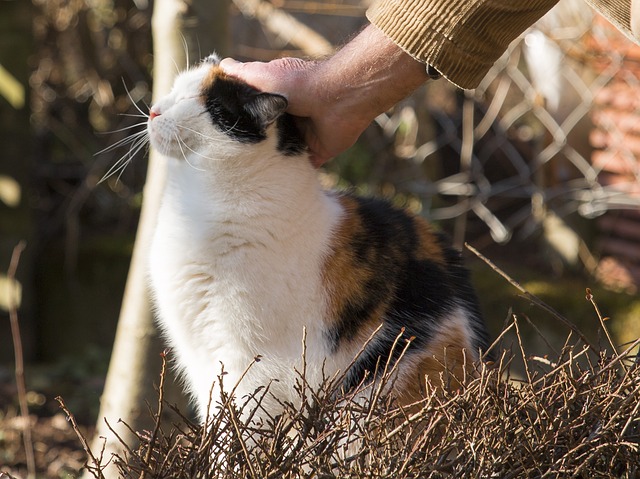It has been known for centuries that pain affects a human’s quality of life greatly. This fact holds true not only for acute pain from injuries to muscle, ligament, and orthopedic pain from fractures. Chronic (or long lasting) pain from spinal disease, arthritis, kidney stones, etc. can cause a much greater degree of distress and affect quality of life negatively.
Surprisingly, the importance of pain has only been given due importance only in the past few decades. Thankfully, during recent times, the importance of pain alleviation in pets’ healing process has become well recognized (duh!). This has led to further research on the existence of pain in pets and how best to alleviate it.
Currently many options exist for treating pain in the furry critters, while more options are being explored. Pets can tolerate and receive benefit from some of the drugs humans are given as well. This is not without the potential for adverse effects, some of which may not be the same in our pets. For example, cats are much more susceptible to the adverse effects of non-steroidal anti-inflammatories than humans and dogs would be.
Using a multi-modal approach to fight pain compensates for such potential for problems while managing pain in companion animals. Additional options include appropriate nutrition, supplements (such as sources of omega 3 oils, glucosamine, etc.), physiotherapy, laser therapy in certain situations, and most importantly treatment for the underlying cause of pain.
Likely indicators of pain in pets are numerous, including change in behavior, stiffness, decreased appetite, vocalization, change in facial expression, change in grooming habits, or posture while sleeping to name a few. Some of these changes can develop over time and may often be regarded as an aging change. Arthritis is the most common source of pain in pets and can go untreated for long periods in senior pets. Again, it is very manageable and may not even need painkillers if managed early.
Even though pain control for pets has come late to the party, it is every bit as important in pets as it is for us.
By – Dr. Bajwa,
Veterinarian at Hastings Veterinary Hospital, Burnaby.






